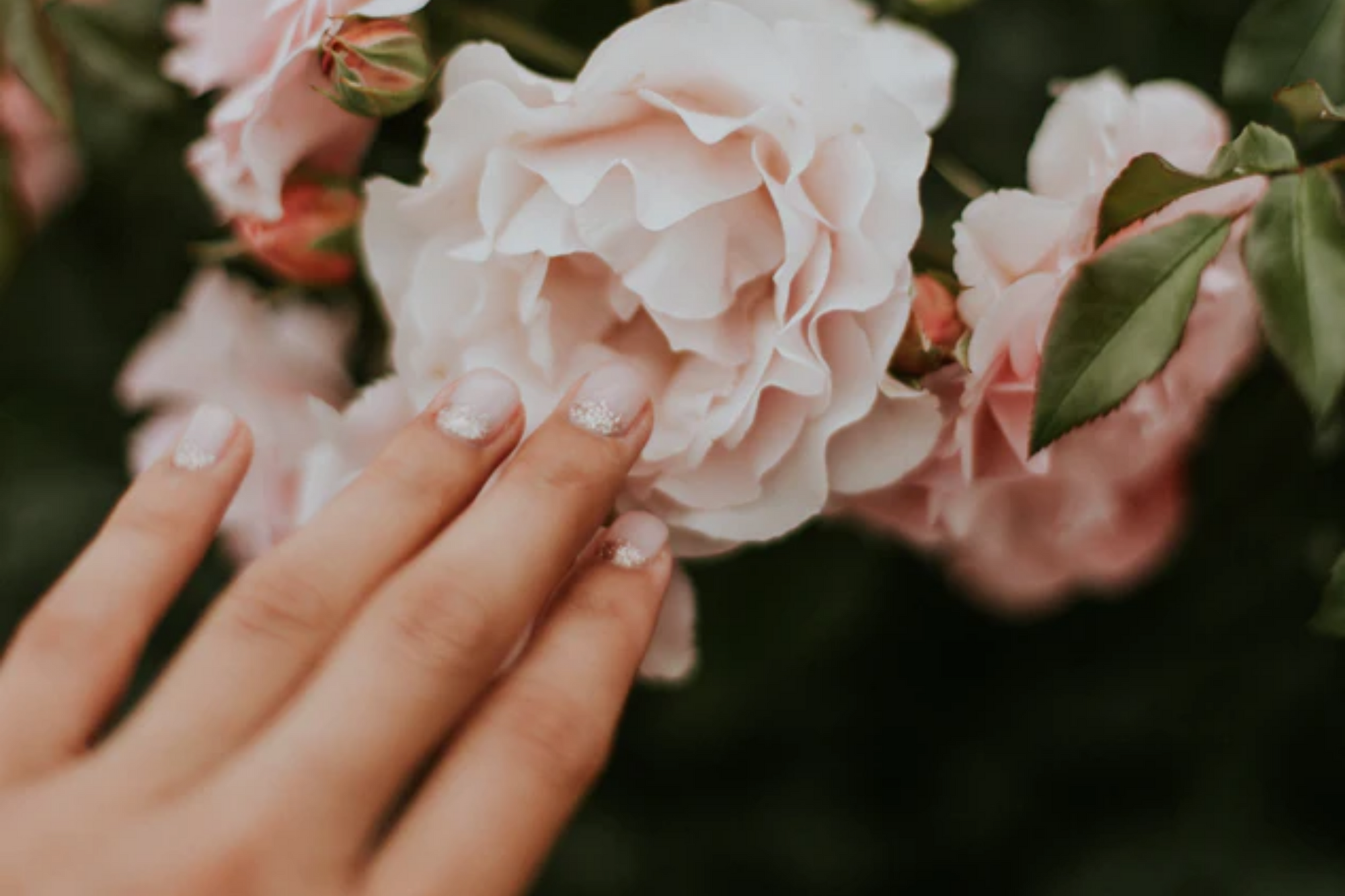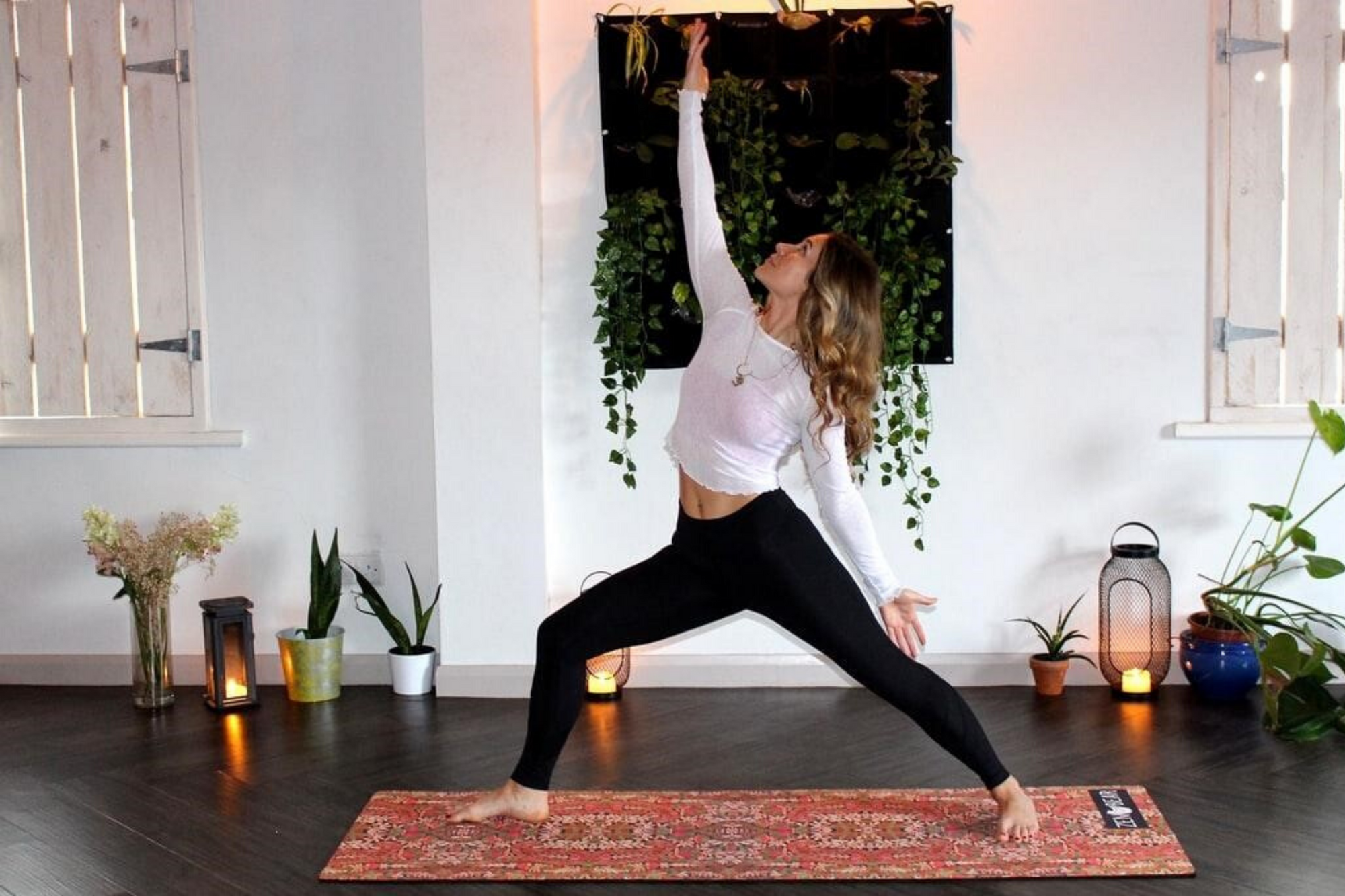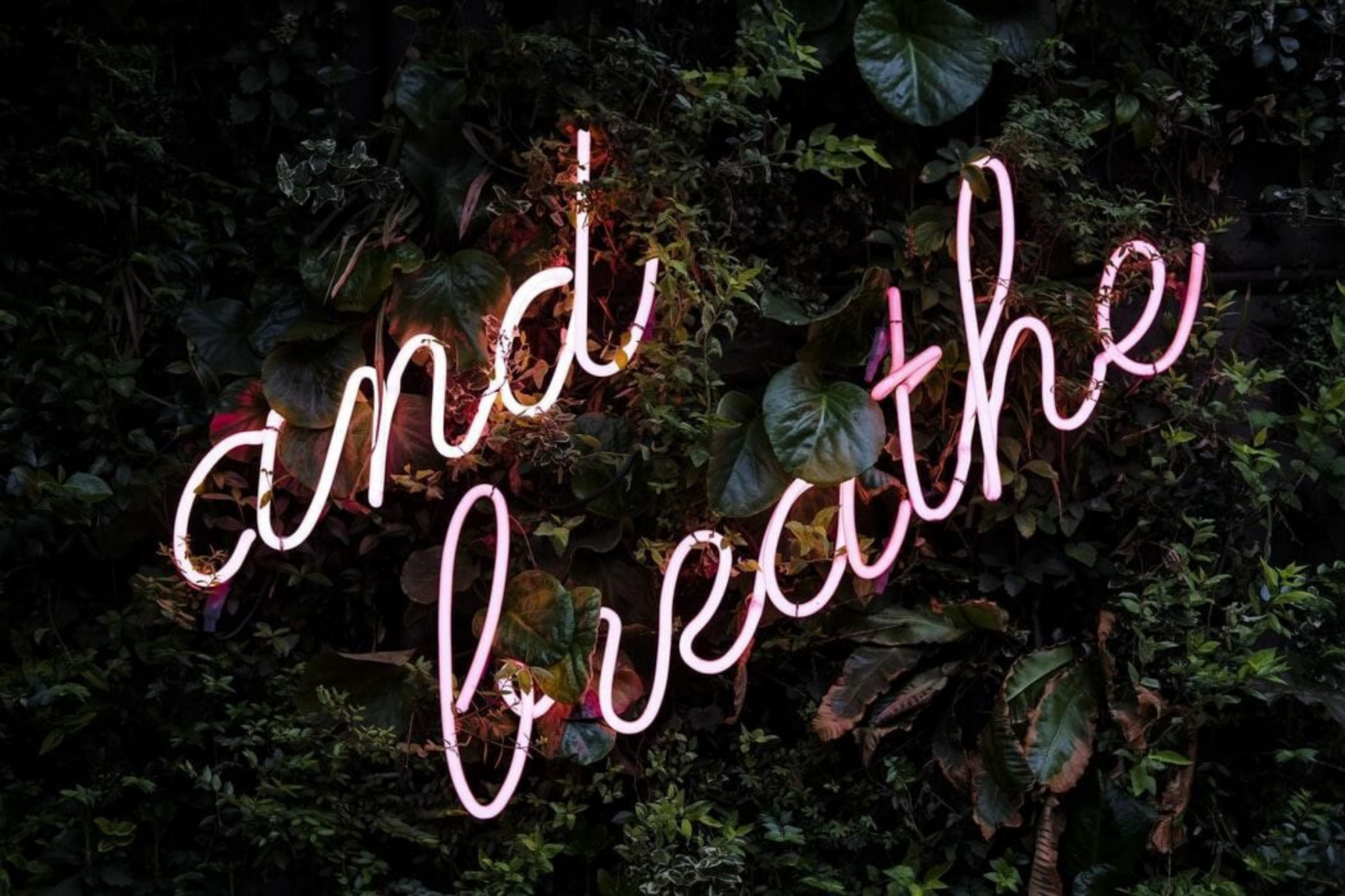Why Mindfulness Matters Now
With the whole world staying at home in efforts to prevent the spread of COVID-19, it may be difficult to prevent our thoughts from spiraling out of control. The versions of ourselves from just a few weeks ago may seem foreign now as we all deal with difficult thoughts and stress. During these trying times, the practice of mindfulness may be especially beneficial in maintaining a sense of peace and calm.
Mindfulness is essentially focusing on the present and being aware of how you feel in that moment. Frequently used in meditation and other therapeutic techniques, mindfulness is not complicated, and its practice can help protect oneself from anxiety, stress, and social isolation. However, it requires some amount of work to center your thoughts into your present and accepting them as they are without labeling them as good or bad. Rather than allowing negative emotions and fear about the future to clutter our head space, with mindfulness we can develop the ability to remain calm, centered, collected and compassionate while dealing with life’s challenges.
So how do you practice mindfulness? How we experience time and life is dependent heavily on our emotions and therefore very subjective. Worrying constantly about the past or future renders us unable to appreciate the present. Using these techniques may help you clear your mind and attain some much-needed calm.
Mindful Breathing

Sit or stand in any position you like and focus on your breathing. Breathe in through your nose, breathe out slowly through your mouth and concentrate on the sensation as the air enters your body and leaves it. When your concentration starts to falter, gently bring your focus back onto your breathing.
Five Senses Exercise

Focus your attention on five things that you can see, four things you can feel, three things you can hear, two things you can smell, and one thing you can taste. This method is a quick and easy exercise to focus your attention, increase awareness, and it induces a mindful state.
Reduce Black & White Thinking

Focusing on two extremes of an action constitutes black and white thinking. The problem of focusing on only what you may want and not want is that it will result in feelings of fear and anger. When this occurs, remind yourself that giving space to these thoughts only amplifies the stress experienced. Become aware of what your mind is doing and accept things as they are.
Mindful Observation

Choose an item in your natural environment, like a flower, leaf, or clouds and strengthen your connection to it. Spend about two minutes simply relaxing and watching that object and explore every aspect of what it looks like. Focus on the senses that allow you to experience this object and learn to appreciate them as opposed to going on autopilot.
Restrict Multitasking

Contrary to popular opinions, multitasking can actually create more stress. Engaging in multitasking causes us to pay less attention to each task at hand. Instead, set goals that are achievable, focus on one thing at a time, and immerse yourself in that task. Get creative with your daily routine and explore new ways to make a familiar task exciting.

Designate time to carry out mindful activities and remember that mindfulness only comes with practice. Life is full of precious moments and worrying about our past or future causes us to take for granted our happiness in the present moment. In a world that is currently too agitated and distracted, practice mindfulness not only for you, but also for those you care about. Increasing your ability to cope in a positive manner only makes you stronger, for yourself, your loved ones, and your community.
#StaySafe, and #StayStrong. We’re in this together.


